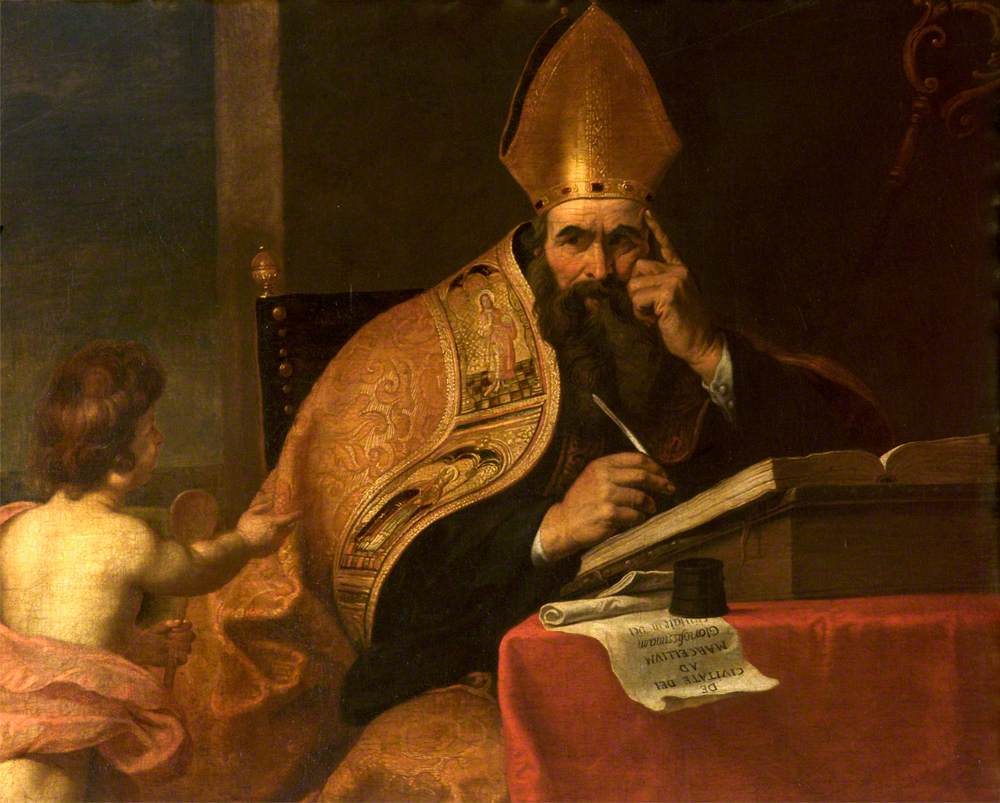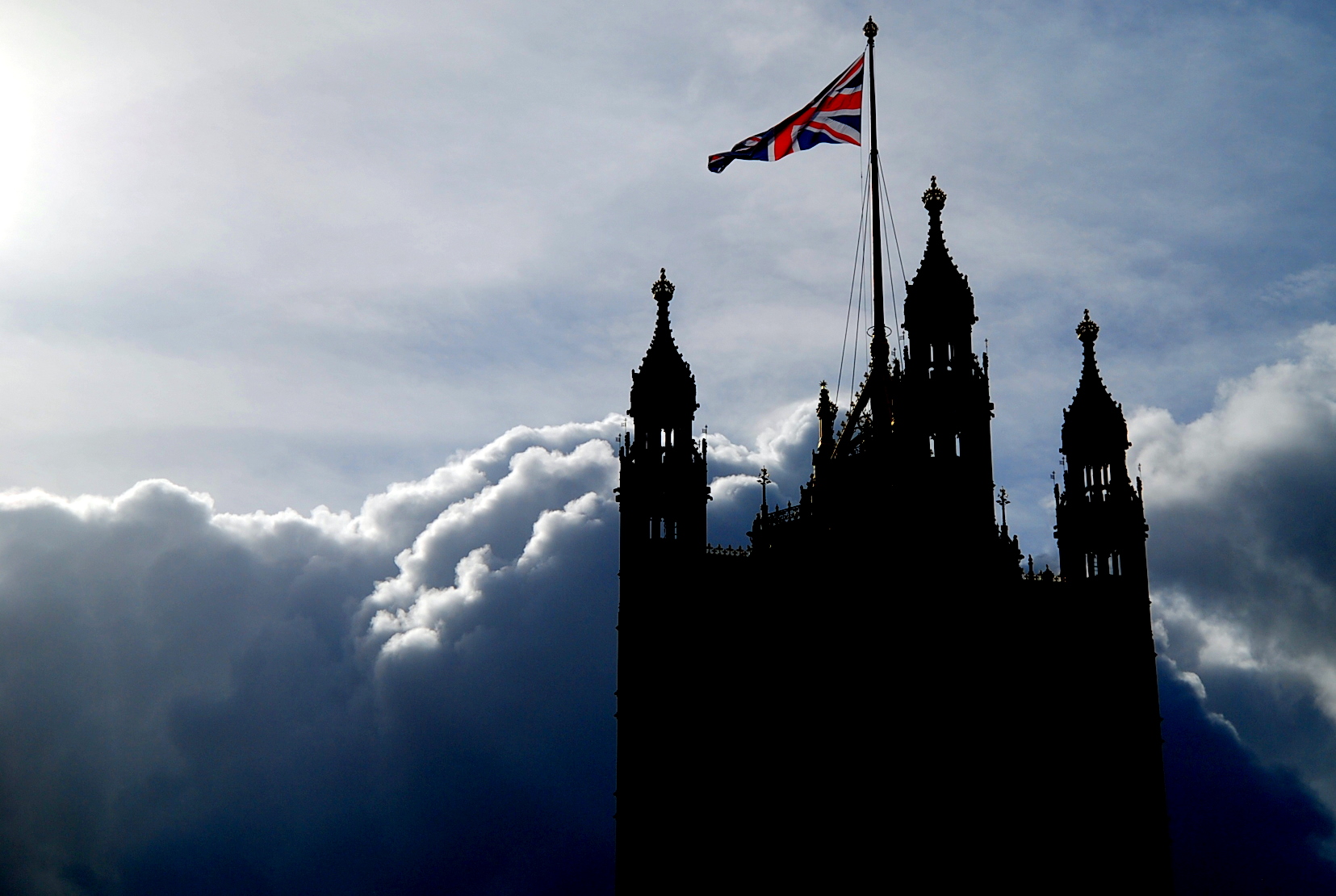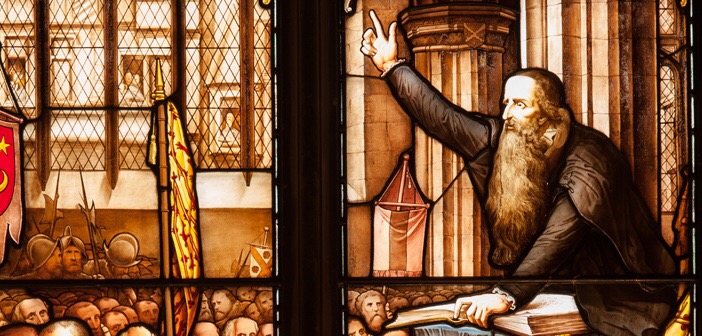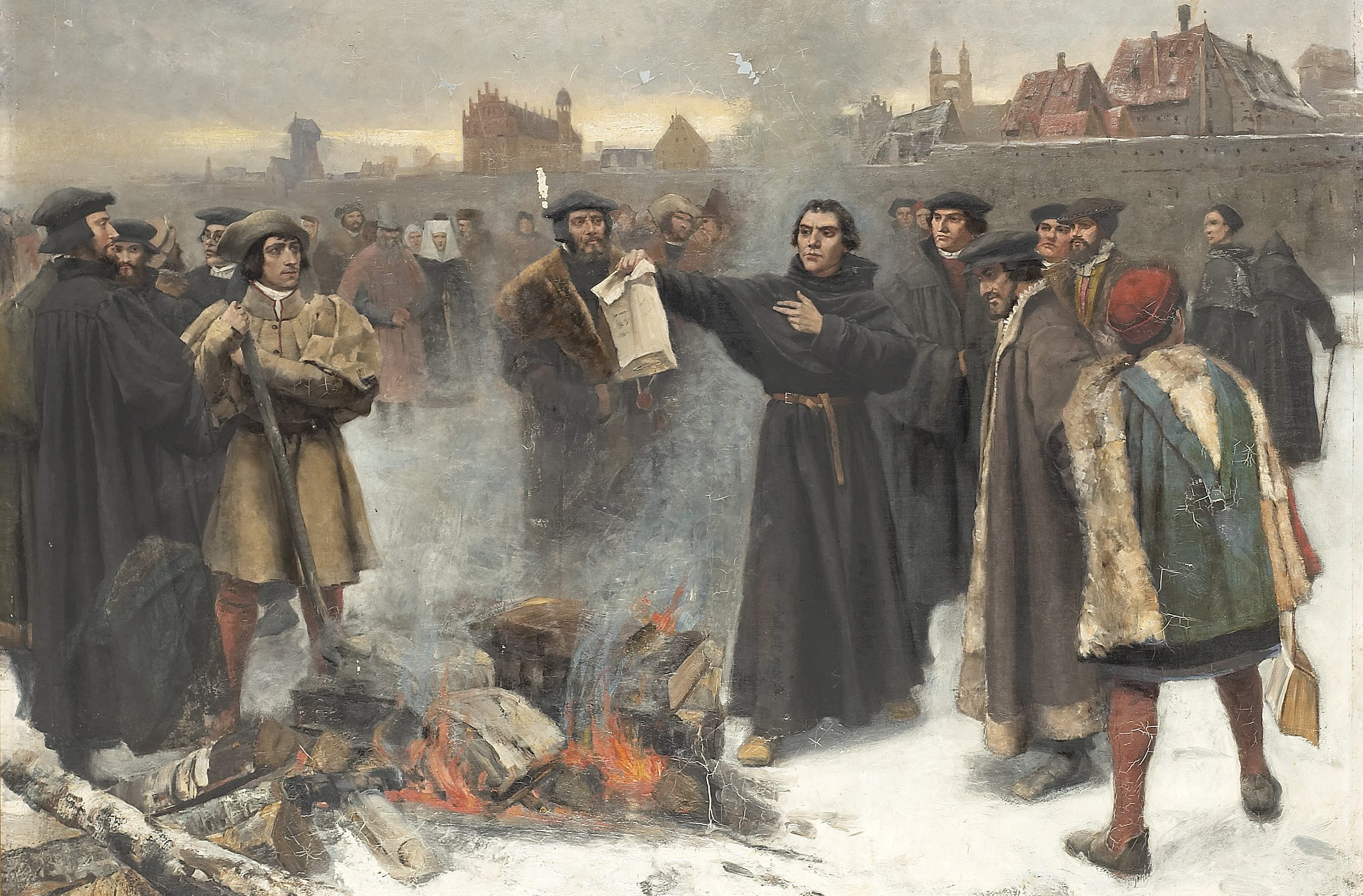Appreciating the Age of Exceptional Religious Freedom
Our religious freedom is one of these modern privileges that previous generations would have envied. Reviewing religious persecution in the past can help Christians appreciate the freedoms they have now.
Jimmy R. LewisApril 29, 2021
Brexit and the European Union’s Overlooked Ingredient: Review of Mark Royce’s The Political Theology of European Integration
In The Political Theology of European Integration, Mark Royce corrects the political science discourse by explaining how political theology can affect international relations.
Mark MeltonDecember 11, 2019
Pentecostalism, the Latin American Reformation
How do Martin Luther’s Reformation ideas relate to Latin America today?
Braulia RibeiroJuly 26, 2019
Why Should Christians Support International Religious Freedom?
The most profound and powerful reasons for religious freedom are Christian reasons, and they extend not only to Christians but to all people. In my view this means that there is also a deep theological warrant for international religious freedom.
Thomas FarrJune 5, 2019
The Nation-State as Guarantor of the Protestant Religion
The nation-state emerged in Western Europe out of the Wars of Religion as a tool of the Protestant movements.
Mark R. RoyceFebruary 6, 2019
The Bible and War: Providence Contributors Participate in Museum of the Bible Event
On Veterans Day earlier this month, the Museum of the Bible in Washington, DC, hosted an event that addressed how the Bible relates to war. In addition to Mark Tooley, Providence’s co-editor, contributing editors Joseph Capizzi and Eric Patterson participated. Below is an unedited transcript of their remarks and a video of the event.
The EditorsNovember 21, 2018
Reformation Then & Now
The Reformation’s ennoblement of the God-created individual has a power that many despots don’t recognize until too late.
Mark TooleyOctober 31, 2017
Our Dual Heritage of Freedom: Reformation & Enlightenment
This article, delineating the two kinds of freedom found in the tradition of Western civilization, was originally published in Christianity and Crisis on October 19th, 1942. Editor Henry P. Van Dusen clarifies the two strands of freedom that have developed in European thought. One comes from the Protestant Reformation, a freedom that comes as a result of being created in God’s image and the rights that entail; the other comes from the Enlightenment, a freedom that is intrinsic to man’s nature and “self-evident,” something that is somehow apparent to all.
Christianity & Crisis MagazineSeptember 21, 2017
2017: A Year of Anniversaries
In 2017, there are three anniversaries that are of particular interest to me as a Christian and as a Christian who supports Israel.
Luke MoonFebruary 17, 2017









